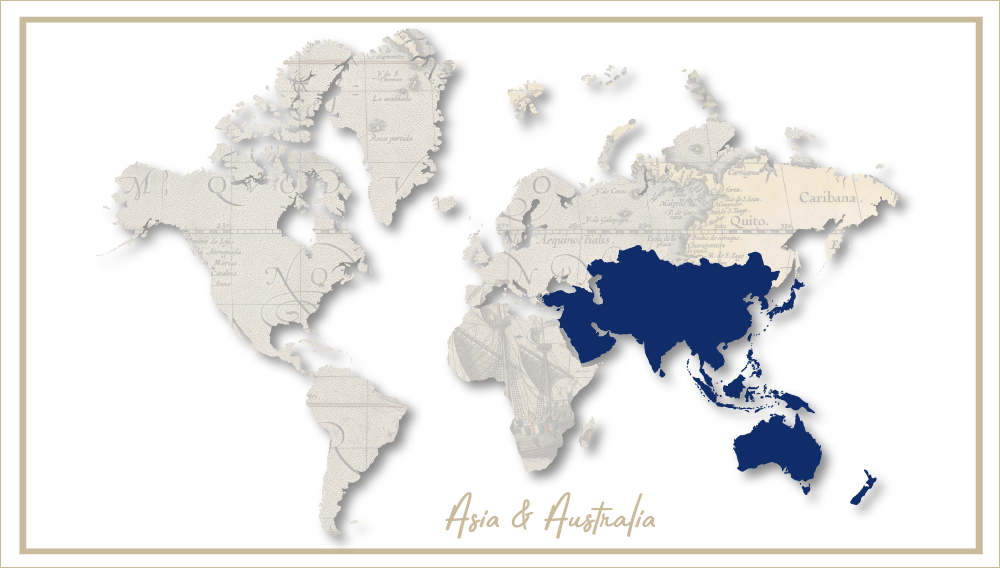Turmoil at Treasury
The world’s largest listed wine company, Treasury Wine Estates (TWE), which is fighting challenges on several fronts, announced on 20 February 2014 that Michael Clarke, 49, will take over the helm on 31 March 2014.
Having sacked its CEO David Dearie last year, after announcing an AUD 160 million (USD 143 million) provision against the company’s struggling US division, TWE has been shopping around for a new CEO. The global search turned into a bit of a PR fiasco, when earlier in February Coca-Cola Amatil’s outgoing boss man Terry Davis, who had previously worked at Foster’s wine division which later became TWE, denied widespread industry speculation that he was to re-join TWE.
Fortunately, by then TWE’s embattled board had managed to recruit Mr Clarke – a dual Irish and South African citizen – who was CEO of UK’s Premier Foods until last year. His achievements at Premier Foods were mixed at best. Bloomberg reported that shares of Premier Foods fell 17 percent between August 2011, when he started in that company’s top job, and the announcement of his departure in January 2013. The maker of OXO-brand stock cubes made GBP 275 million (USD 459 million) of divestments in 2012 that failed to reduce debt ratios. Mr Clarke’s previous experiences include similar roles with Kraft Foods and The Coca Cola Co in European and South Pacific regions.
TWE may finally have found a new CEO but its woes don’t end here. On 20 February 2014 TWE reported that net profit for the half-year to 31 December 2013 was AUD 106.2 million (USD 94.6 million), up from AUD 52.3 million for the same period in 2012, but this included an AUD 80.5 million tax benefit.
However, its pre-tax earnings dropped 37.6 percent from AUD 73.4 million in 2012 to AUD 45.8 million in 2013, a result the company called “disappointing”.
TWE’s sales in the Americas unit fell 0.4 percent to AUD 361.8 million and EBIT dropped 28 percent to AUD 24.6 million. In Australia and New Zealand, sales dropped 3.8 percent to AUD 277.6 million and EBIT slumped 32 percent to AUD 24.4 million.
Asia is TWE’s highest-margin market and accounted for the second-largest share of earnings last fiscal year, after the Australia and New Zealand business. Asia sales fell 19 percent to AUD 36.8 million and EBIT dropped 64 percent to AUD 4.9 million.
TWE’s share price has fallen 34 percent since July 2013 and the company’s market capitalisation of AUD 2.47 billion is only 13 percent more than the AUD 2.18 billion value it put on its property, plant, equipment and wine inventory in its 2013 annual report. Now that’s a worry.

